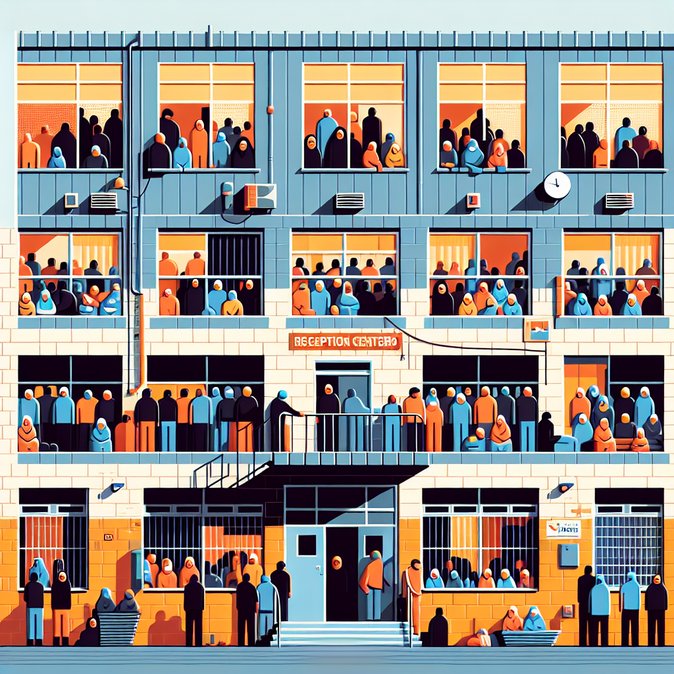
Meeting in Brussels, EU ministers formally agreed to extend the Temporary Protection Directive (TPD) for displaced Ukrainians until 4 March 2026, granting more than four million people continued legal residence, work rights, healthcare and education across the bloc. Belgian Secretary of State for Asylum and Migration Nicole de Moor hailed the move, saying it provides “vital certainty for the 70,000 Ukrainians currently hosted in Belgium” and allows regional authorities to plan schooling and labour-market integration beyond next year’s deadline.
Since its activation in March 2022 the TPD has offered an expedited alternative to the regular asylum system, relieving administrative pressure on national immigration services. In Belgium, beneficiaries receive an A-card valid for the duration of protection and access to the Actiris employment network; 41 % have already entered the workforce, according to the Federal Migration Centre.
![EU Prolongs Temporary Protection for Ukrainians to 2026; Belgium Welcomes Decision]()
The 12-month prolongation is significant for employers operating in Belgium: Ukrainian nationals can continue to work without labour-market testing and may be deployed on cross-border assignments within the EU subject to posted-worker notifications. HR teams should ensure employment contracts reference the new expiry date, renew municipal registrations where required and review payroll set-ups for continued social-security exemptions that apply under Belgian law.
The Council also instructed the Commission to explore a phased exit strategy, including potential pathways to longer-term residence after 2026. Mobility advisers expect Brussels to consult on bridging permits that would transition skilled Ukrainians into Single Permit or EU Blue Card channels, enhancing talent retention for sectors such as IT and healthcare where shortages persist.
For now, the extension removes immediate uncertainty for both Ukrainian employees and the Belgian organisations that rely on their skills, allowing strategic workforce planning through at least the first quarter of 2026.
Since its activation in March 2022 the TPD has offered an expedited alternative to the regular asylum system, relieving administrative pressure on national immigration services. In Belgium, beneficiaries receive an A-card valid for the duration of protection and access to the Actiris employment network; 41 % have already entered the workforce, according to the Federal Migration Centre.

The 12-month prolongation is significant for employers operating in Belgium: Ukrainian nationals can continue to work without labour-market testing and may be deployed on cross-border assignments within the EU subject to posted-worker notifications. HR teams should ensure employment contracts reference the new expiry date, renew municipal registrations where required and review payroll set-ups for continued social-security exemptions that apply under Belgian law.
The Council also instructed the Commission to explore a phased exit strategy, including potential pathways to longer-term residence after 2026. Mobility advisers expect Brussels to consult on bridging permits that would transition skilled Ukrainians into Single Permit or EU Blue Card channels, enhancing talent retention for sectors such as IT and healthcare where shortages persist.
For now, the extension removes immediate uncertainty for both Ukrainian employees and the Belgian organisations that rely on their skills, allowing strategic workforce planning through at least the first quarter of 2026.


